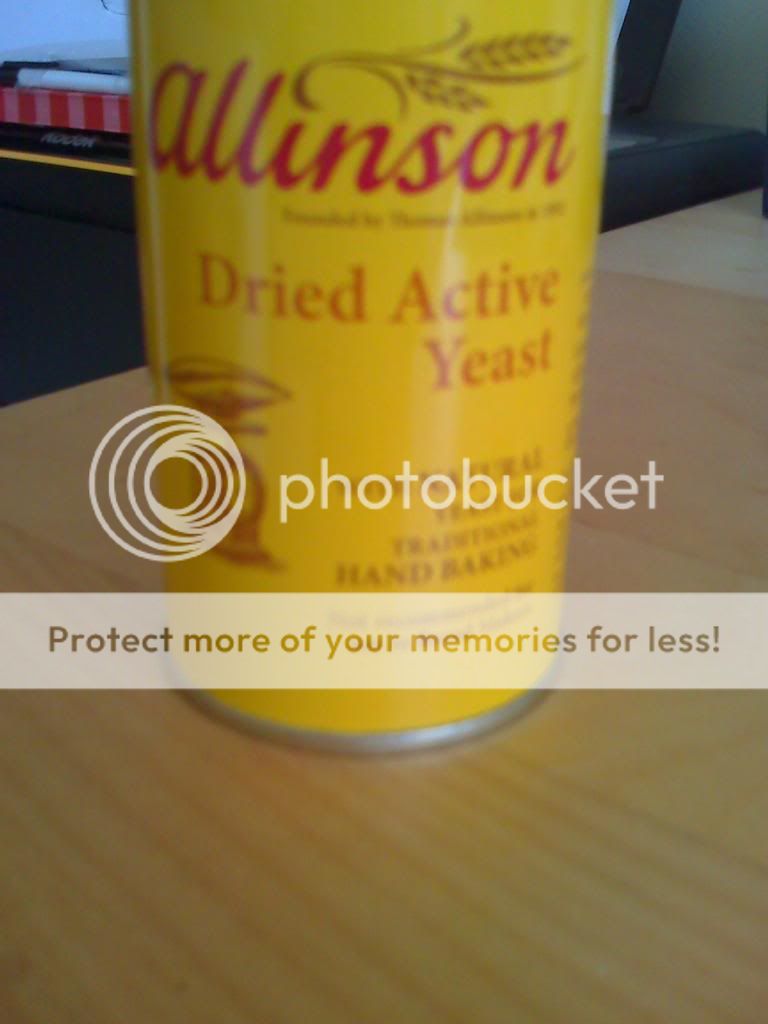Guest
hi ...
just wondering if you can use allinson dried active yeast for kit brewing ...
i no its for baking but i did here on utube sone one used bread yeast to brew beer with great resalts ...
so i found this one up asda and thought i wonder if you can use this one ...
what do you think ...
if so how many grams would you use in a 40 pint brew s ...
heres a pic...

regards mick... :hat: .
just wondering if you can use allinson dried active yeast for kit brewing ...
i no its for baking but i did here on utube sone one used bread yeast to brew beer with great resalts ...
so i found this one up asda and thought i wonder if you can use this one ...
what do you think ...
if so how many grams would you use in a 40 pint brew s ...
heres a pic...

regards mick... :hat: .



